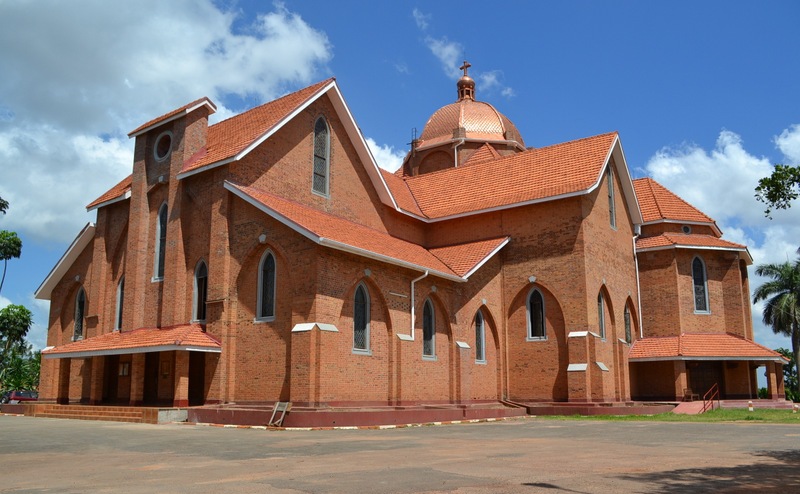
The Church of Uganda has quietly embarked on a significant constitutional amendment process, aiming to reform the election process for bishops, extend their retirement age, and address key governance issues.
This initiative marks a pivotal moment in the church's history, as it seeks to modernize and streamline its operations.
Adams Sadiiki, the provincial spokesperson for the Church of Uganda, confirmed the development, stating,
"Yes, the provincial standing committee presented the matter and the process is underway."
While he refrained from providing detailed insights, multiple sources from the provincial secretariat and various dioceses revealed that six critical areas within the constitution are under review for potential amendments.
"One of the most contentious proposed amendments involves the management and sale of church property. According to a source familiar with the amendment proposal, "
All church property is registered under the trusteeship of the Church of Uganda. Any sale of such property cannot be executed without the approval of the trustees.
This measure is intended to safeguard church property across the province.
"This proposal has previously faced opposition, notably from dioceses such as Mukono and Namirembe, which advocate for the authority to manage property at the diocesan level".
The provincial standing committee had previously tabled this issue at the provincial assembly, where it was rejected.Despite the initial resistance, the process has gained momentum, with several dioceses, including Luweero, having received the proposals, conducted synods, and discussed the issues raised.
These synods have put forward suggestions that are now awaiting presentation at the upcoming provincial assembly.
Meanwhile, other dioceses such as West Buganda have initiated the process of convening synods to discuss the proposed amendments.
In Kampala Diocese, headquartered at All Saints, Nakasero, a special committee has been established to delve into the issue. This committee is expected to present its findings and views to the synod on June 16 of this year.
The synod will then discuss these findings and make final recommendations.
The amendments, if passed, would significantly alter the governance structure of the Church of Uganda. Extending the retirement age of bishops, for instance, is seen by some as a necessary step to retain experienced leadership, while others view it as a potential hindrance to the promotion of younger clergy.
The proposed changes to the election process for bishops also aim to make the process more transparent and inclusive, addressing long-standing concerns within the church community about the fairness and integrity of episcopal elections.
As the provincial assembly approaches, the church finds itself at a crossroads. The decisions made in the coming months will shape the future of the Church of Uganda, impacting not only its internal governance but also its relationship with its congregants and the broader Anglican community.
The process underscores a broader trend of institutional reform within religious organizations, balancing tradition with the need for modernization.
With the provincial assembly set to address these crucial issues, the eyes of the church community are firmly fixed on the upcoming deliberations, anticipating decisions that could bring about substantial changes to the fabric of the Church of Uganda.

















